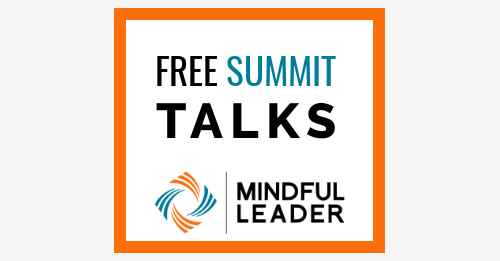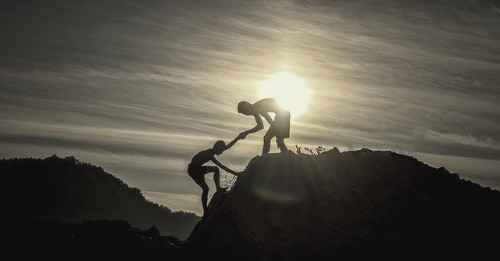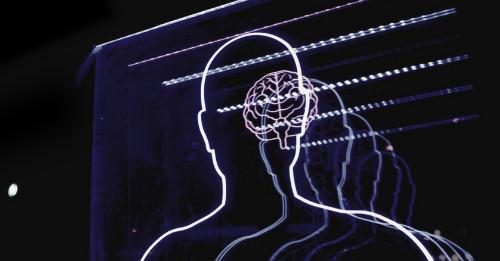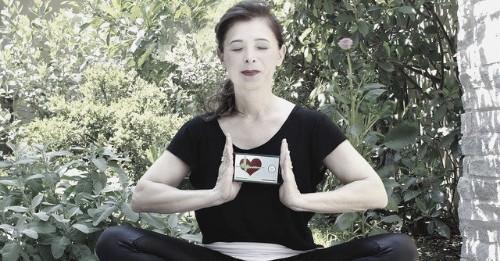Blog
The Power of Breathing Patterns: End Anxiety and Re-inspire
This Free Summit Talk has expired.
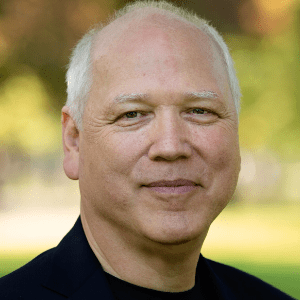
Max Strom at the 2019 Mindful Leadership Summit. With the rise of stress and anxiety in the world that is stifling happiness, meaning, and connection with each other, it might seem that something as simple as breathing patterns couldn’t possibly help. In this session, you will learn how scientific research and experience with tens of thousands of people around the world has found that utilizing conscious breathing patterns for a few minutes every day is the …
COVID-19: A personal note from Mo
Dear Friends,
8 Mindful Leadership Tips for Reducing Stress
By John Murphy, guest contributor
Here is something to contemplate: Why manage something when you can delete it? Why solve problems inside a box when it is the box itself that is the problem?
In today’s world, we are inundated with strategies and techniques on how to manage unhealthy stress, but very little is offered on how to eliminate it. Some even question whether this is possible.
No doubt, stress can be a challenge. Every year seems to bring more things to worry about. Viruses. Climat…
Developing the Mindset and Skill Set of a Servant Leader
What can mindful leaders learn from servant leadership, a movement that has been around since 1970? Find out from business leader, expert speaker, and the author of The One Minute Manager.
By Ken Blanchard, guest contributor
I have an important question for you: Are you here to serve or to be served?
Your answer to this question is the first step on your journey to becoming a servant leader. Why? Because self-serving leaders think leadership is all about them—but servant leaders know that lea…
Do You Have the Mind of a Strategic Leader?
By Art Kleiner, Jeffrey Schwartz, and Josie Thomson, guest contributors
If you want to lead your organization toward long-range goals, prepare for these challenges.
The goal of many enterprises today – business, government, and not-for-profit – is to be strategic. This means being undaunted in the face of complexity and disruption: able to handle complex, “wicked problems” for which there is no obvious solution. And strategic organizations need strategic leaders: people who can foster that qua…
How to Unlock your Company’s Collective Intelligence with Mindfulness
By Christian Greiser, Jan-Philipp Martini, Liane Stephan, and Chris Tamdjidi, guest contributor
Does mindfulness foster an organization’s collective intelligence? A recent study conducted by Boston Consulting Group (BCG) and Awaris demonstrated a connection: 31 teams (totaling 196 people) that participated in a ten-week mindfulness program showed an average increase of 13% in collective intelligence, as measured by tests developed by the MIT Center for Collective Intelligence.
The concept of …
Seven Practices of a Mindful Leader
This Free Summit Talk has expired.

Marc Lesser from the Mindful Leadership Summit 2019. Explore how the inner work of mindfulness and self-awareness meets the outer work of leadership and business as forces for positive change and results that matter. Learn how to cultivate leadership presence, thrive in the midst of change and challenges, improve focus and flexibility, cultivate greater self-awareness and resilience, and increase engagement, collaboration, and well-being.
Creating a Culture of Working Mindfully: 2020 Report
View our Free Guide - What is MBSR?
Community Sourced Best Practices and Insights
Created from the Mindful Leader & Garrison Institute 2019 Unretreat
Introduction: What is Mindfulness and What Does it Look Like in the Workplace?
Definitions of mindfulness vary considerably. The traditional and most widely accepted definition is perhaps one which was put forth by Jon Kabat-Zinn, MIT Professor and creator of Mindfulness-Based Stress Reduction (MBSR), who defines mindfulness as:
Paying atte…
Making a Case for Mindful Leadership
This Free Summit Talk has Expired
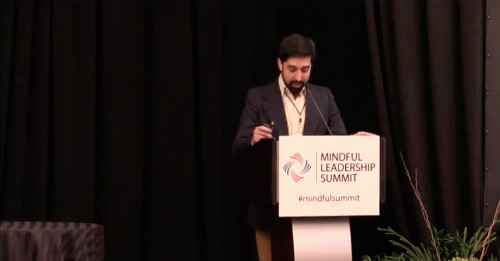
Mo Edjlali, President of Mindful Leader, at the 2018 Mindful Leadership Summit. Join Mindful Leader President Mo Edjlali in this session to learn about Mindful Leadership and how to make a compelling business case for Mindful Leadership.
Increase Employee Mindfulness App Usage Doing This One Simple Thing
By Deborah Hendricks, EdD, CFLE, Director of Pre-Health Advising & Mindfulness Coach, University of Toledo
Mindfulness Phone Apps
As the popularity of mindfulness meditation has grown in the last few years, so has the number of mindfulness phone apps, such as Ten Percent Happier, Calm, and HeadSpace. Also increasing is the number of businesses incorporating technology into their workplace wellness programs. Last year, I stopped into my local Apple store to purchase a product. While speaking …

